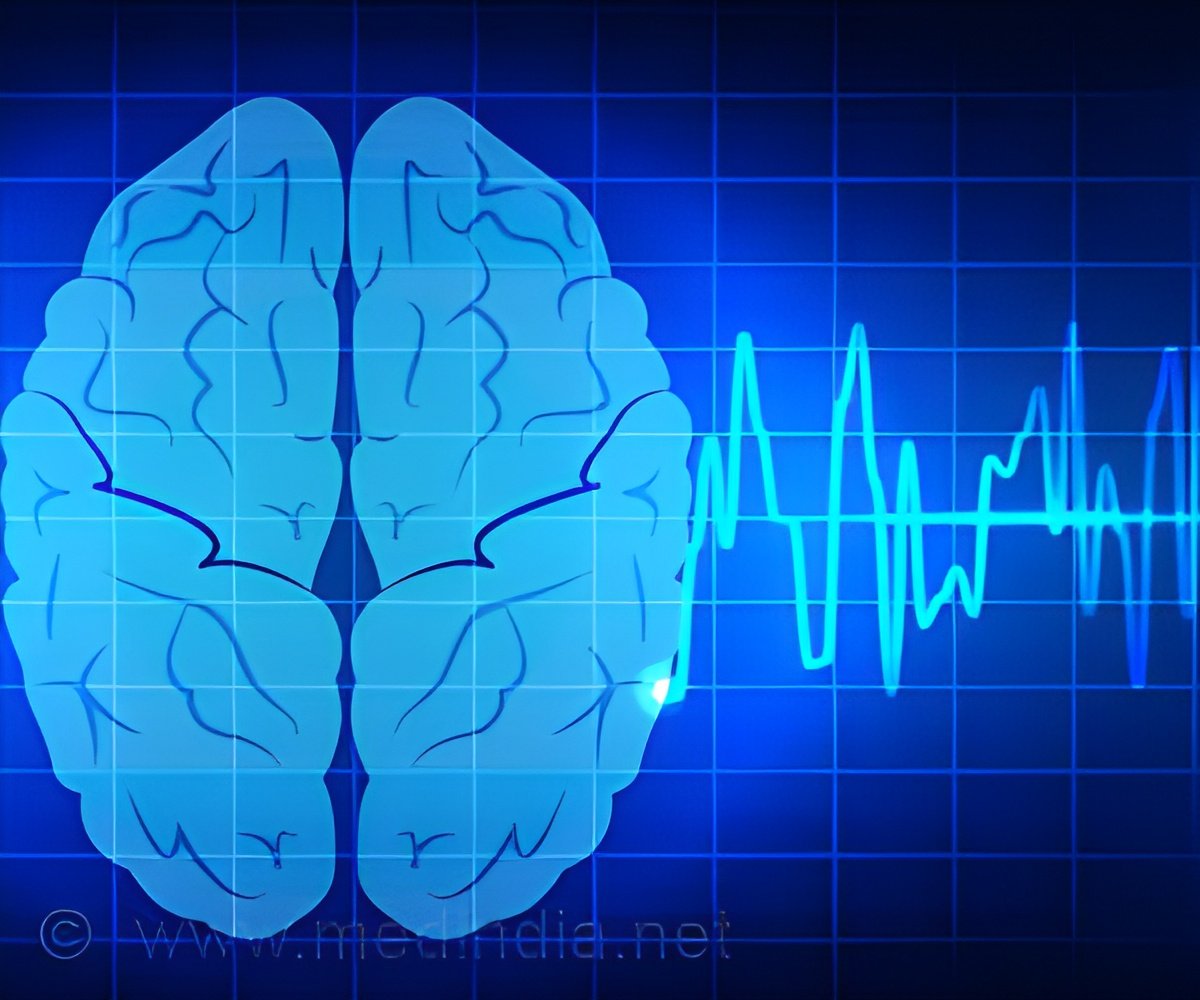
‘Astrocytes are a type of glial cells found in the brain. In the treatment of drug resistance epilepsy, a new therapeutic strategy has been developed that suppresses the changes in the pH of astrocytes that accompany the neuronal activity.’
Read More..Tweet it Now
The study conducted by Prof. Dr. Christine Rose and her doctoral student Jan Meyer from the Institute of Neurobiology at HHU in Japan is published in the Journal of the Society for Neuroscience.Read More..
The researchers studied the cellular mechanisms that promote the development of epilepsy. Earlier studies and anti-epileptic drugs mainly targeted nerve cells (neurons). The researchers mainly focused on a class of glial cells known as astrocytes.
In the brain, glial cells account for approximately half of all the cells. Different functions are performed by different types of glial cells. Astrocytes play an important role in signal transmission between the neurons, control the local environment, and are also responsible for the ion balance in the brain.
During an epilepsy episode, epileptic discharges lead to a rise in the pH of astrocytes, that is in their intracellular 'alkalisation' (basic pH). Within the intercellular astrocyte networks, disruption in communication is seen due to change in pH. The reduced communication between astrocytes leads to exacerbation of epileptic activity of neurons.
The findings of this study point towards a new potential target for suppressing epilepsy at a very early stage by using drugs to suppress changes in astrocytic pH accompanying the neuronal activity.
Advertisement
Prof. Rose said, “This observation is very intriguing. But it still needs to be established whether or not it can be transferred to humans. And it will take a very long time before any potential drug can be developed and be really used in the clinics.”
Advertisement














